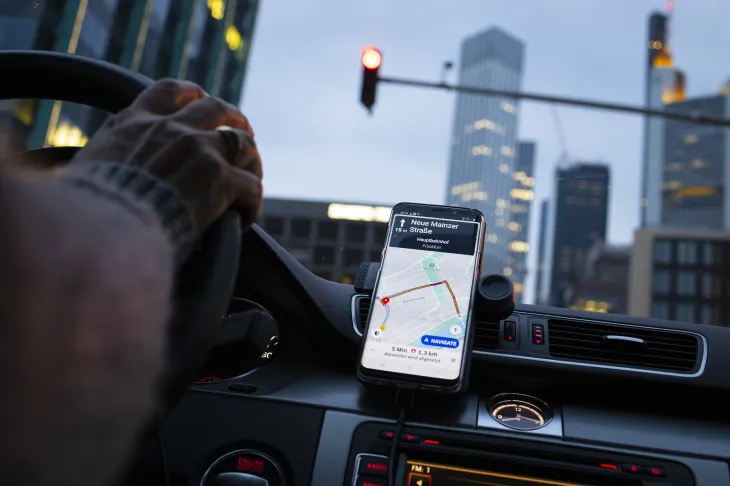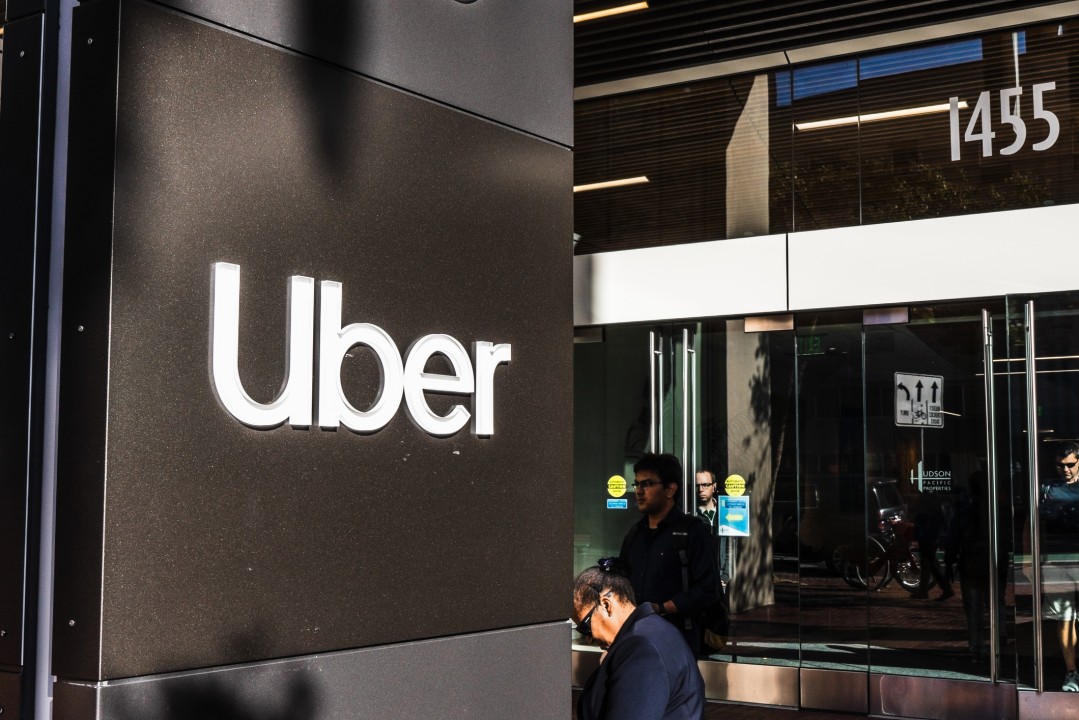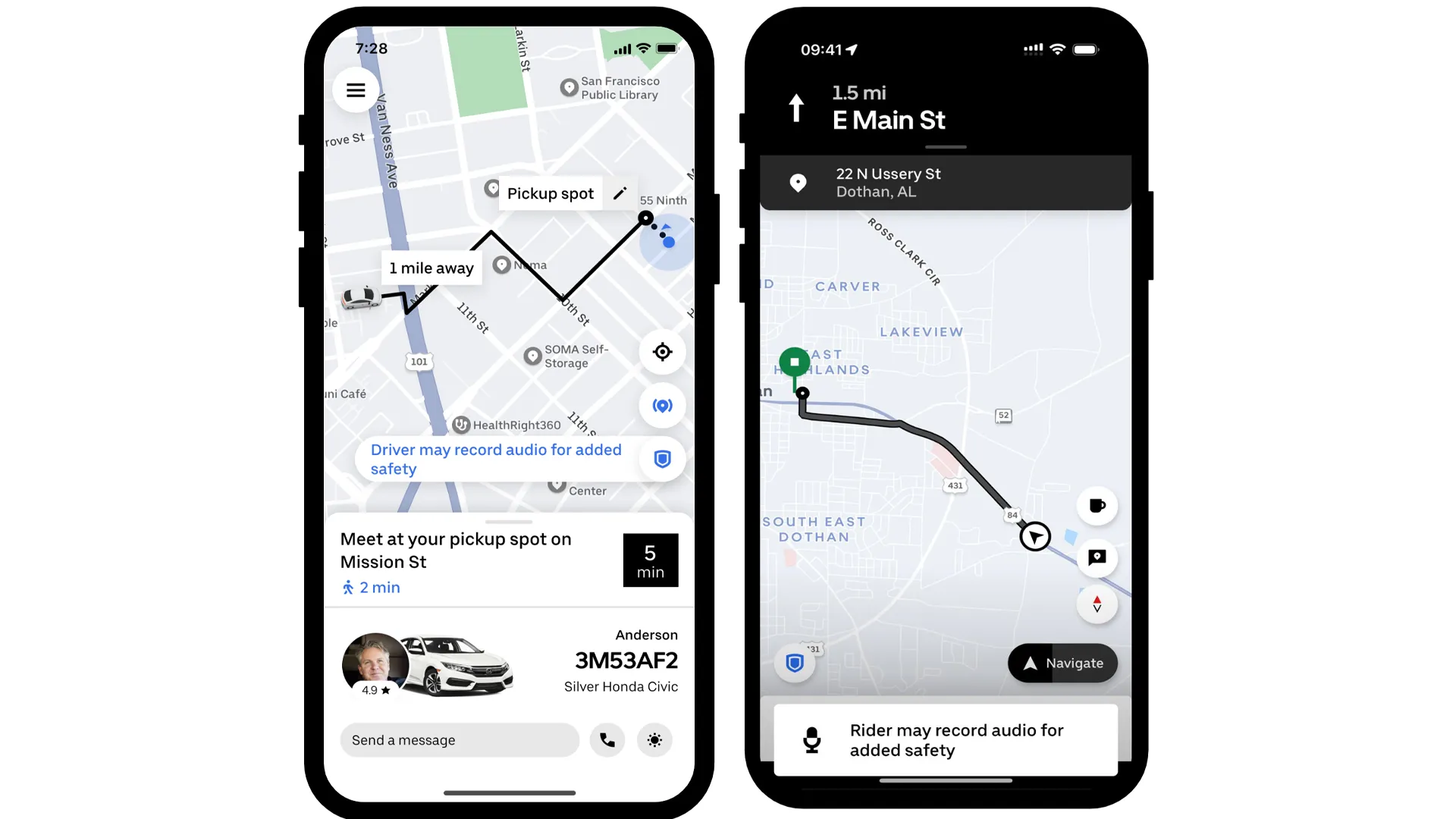Uber is unveiling new features across the U.S.
Uber In a bid to tackle the persistent issue of unfair deactivations faced by ride-hail and delivery drivers, Uber is unveiling new features across the U.S. starting this Monday.
Uber’s latest technology aims to identify customers who consistently provide negative ratings or feedback with the intention of securing a refund. The company has clarified that allegations from these customers will no longer impact drivers’ ratings or deactivation decisions, as outlined in a recent blog post.
To enhance transparency and support for drivers, Uber is expanding its in-app review center. This improvement will furnish drivers and couriers with more comprehensive information about the reasons behind their account deactivation. Moreover, it will enable them to request a review of the decision, supplementing their appeal with additional materials such as audio or video recordings.
Last year, Uber introduced an audio recording feature for both drivers and riders, and it has been piloting video recording. The company now plans to expand this pilot program to iOS drivers in select U.S. cities, including Atlanta, Denver, Dallas, Minneapolis, and certain drivers in Los Angeles.
In response to concerns about drug-related accusations, is introducing voluntary drug tests. This initiative allows drivers accused of driving under the influence of a drug or possessing a vehicle with a marijuana smell (where legal) to dispute such claims.
Unfair deactivations have long been a point of contention among drivers in the gig economy, leading to protests and class action lawsuits against Uber. Complaints from drivers include false reports submitted out of malice or bias, coupled with a lack of transparency to contest these claims. Some drivers claimed they were deactivated without prior warning.
A report from the Asian Law Caucus in February revealed that 30% of deactivated drivers received no explanation for their deactivation. Among those given a reason, 42% attributed it to a customer complaint, while 10% cited low customer ratings. The report also highlighted concerns about customer discrimination, with drivers of color and those with limited English proficiency experiencing higher rates of temporary or permanent deactivation.

As Uber drivers are not classified as employees, deactivation often leaves them without income, and the repercussions can extend to the loss of cars and homes. A significant 81% of surveyed drivers identified driving on Uber and Lyft platforms as their primary source of income.
Addressing concerns about customer complaints, new in-app review center aims to detect false reports by analyzing patterns that deviate from coherent sequences of events, displaying exaggeration, flagrant behavior, or an evident desire for financial compensation. The company did not specify whether detailed complaint information would be shared with drivers for safety reasons.
Looking ahead, plans to expand rider identity verification in 2025, relying on simple third-party checks or, if necessary, requesting identification. The company is also integrating Android Auto with the Uber Driver app, providing Android users with enhanced functionality. Additionally, Uber has introduced a tool to assist couriers in finding nearby parking and plans to include map labels specifying exact drop-off locations or photos of buildings for clearer customer instructions.










